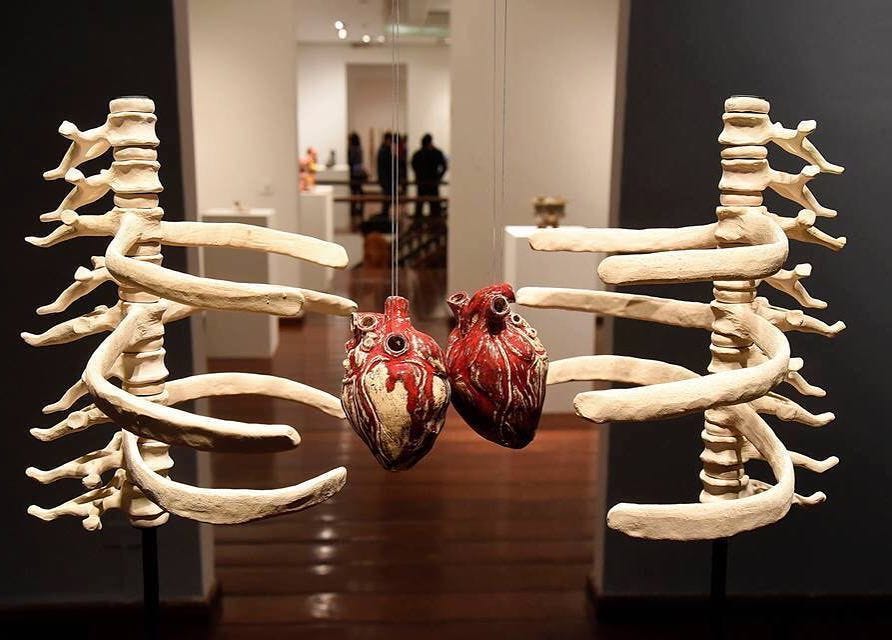I came across this thought-provoking note from
.And I wanted to discuss it.
I have my qualms with this idea of loving too intensely, but maybe I’m wrong.
Everything in life has a natural order, but in our haste, we end up disrupting that balance.
In my response to this note, someone asked me what I meant, and I used the example of the sun. At dawn, we witness the first light creeping in, and slowly the sun starts to rise, climbing towards its highest point in the sky. At midday, the sun reaches its peak, and in the height of summer, it blazes, its heat unrelenting and overwhelming.
This is how some people want to experience love: with the intensity of the noonday sun, fierce and all-consuming. But remember, the sun rises gradually, not all at once. It allows you to feel its warmth, to adjust as it climbs toward its peak.
If love is like the sun, it should be a gentle unfolding, slowly and steadily.
But instead, we try to rush this process, shortcutting the natural flow, wanting to reach peak intensity too quickly. Why?
Rushing can feel disingenuous, like a salesperson using scarcity tactics and psychological mind games. It can feel suspicious, like being pulled into a car with an unclear destination.
If something is good, then you don’t have to rush it. To be cautious about love is not to fear it but to revere it. Love isn’t an empty emotion. Love carries responsibility and obligation. To love a thousand people is to be splintered a thousand different ways.
Love should be steady. People who crave the thrill of addictive love, with its intoxicating highs, are likely to suffer its inverse, withdrawal. This is the lowest part of the addictive cycle. The people who “love to love” are the ones who rush from person to person, searching for this distortion of love.
But love that blooms naturally and gently is likely to remain strong and steadfast.
Because to love someone is to know that pain will surely follow. To open yourself to love is to risk pain. The deeper the love, the greater the potential for hurt. People say that true love does not harm, that it does not wound. I am not sure I agree. Perhaps in its purest form, love is radiant and untainted. But we are human. And anything we experience is filtered through our flawed humanity, like light shining through a dirty window. Love mixed with rage, disappointment, or rejection can be devastating. History is filled with stories of love gone wrong.
Whether intentional or accidental, disappointment is inevitable. To love is to embrace both joy and sorrow, to accept this reality.
If this is true, then love requires us to be careful.
The heart is a delicate organ, not because it is weak, but because it feels so deeply. Physiologically, its muscles are strong, capable of keeping blood coursing through the body, yet sensitive enough that it experiences pain so acutely.
The heart is so vital to our existence that it is encased in a bony cage, protected beneath layers of muscle and tissue. If the heart requires physical protection, surely it requires relational protection too.
When we rush, we make mistakes. When we rush to love others so intensely, we leave our hearts vulnerable.
Time exposes the inconsistencies and the warnings that we often like to ignore when we run towards a big love story. Anyone who has experienced betrayal will almost always acknowledge that they ignored all the breadcrumbs along the way.
If a love story is meant to be great, it will be great in the becoming. There will be no need to force it, no need to grasp at it and control it. True love unfolds naturally, like all great things, in their own time.
As children, we love freely, wildly, without thought. As adults, we are burdened with knowing better. And if we know better, we must do better.
Thanks to those who inspired this essay. These are, of course, my thoughts, shaped by experience.






